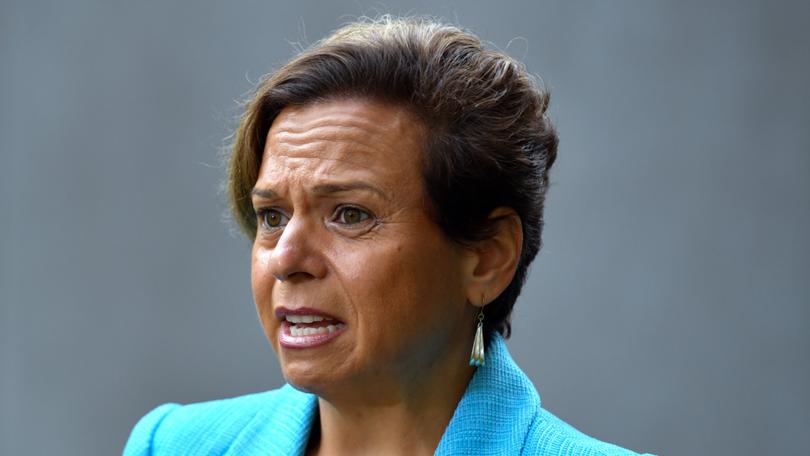Labor to unveil plan to place new obligations on mobile carriers to service all areas, tackle blackspots
The new legislated obligation would boost mobile coverage and make sure all Australians can call triple zero no matter their location.

Labor has vowed to force mobile network carriers to ensure they provide voice call and text services to all areas and tackle black spots.
The new legislated obligation would boost mobile coverage and make sure all Australians can call triple zero no matter their location.
Communication Minister Michelle Rowland will unveil plans on Tuesday, for legislating the obligations by the end of the year with a 2027 implementation goal.
Sign up to The Nightly's newsletters.
Get the first look at the digital newspaper, curated daily stories and breaking headlines delivered to your inbox.
By continuing you agree to our Terms and Privacy Policy.Further protections around basic mobile data access will be considered after the call and text services are established.
The Government will engage in consultation across 2025 to “get the legislation right”, saying there would be “flexibility where warranted by supply, spectrum and other factors” for carriers.
A range of incentives and cutting of red tape could be offered to providers to overcome competitive obstacles and meet the public interest expectations.
The plan is to use low orbit satellites as a supplement but not substitute to the current ground-based network infrastructure.
The new layer of coverage would mean in natural disasters or power outages that have prolonged impact on the availability of land-based mobile networks, a mobile signal would remain.
Australia has reviewed similar set-ups in the United States, including how carrier T-Mobile partnered with Elon Musk’s Starlink during the recent devastating Los Angeles wildfires.
Lower orbit satellites are typically 600-2000 kilometres from Earth compared to geostationary orbit satellites at about 36,000km.
It means mean their signals travel shorter distances, are stronger, require less power, and can travel at higher speeds.
Rather than going through phone providers, it will allow for more satellite-to-mobile phone communication.
“Building our mobile future with the latest technology is a vital element of Labor’s plan to make Australia the most connected continent by 2030,” Ms Rowland said.
“The Universal Outdoor Mobile Obligation will improve public safety, increase resilience during natural disasters, and provide an extra layer of coverage in areas previously thought too difficult or costly to reach.
“The experience will be different to land mobile networks, but the benefits transformative, particularly for a large continent such as ours.”
The plan comes after Ms Rowland established a working group, including Australian and international stakeholders, around expanding the use of low orbit satellites in Australia.
No total costing for the plan has been provided. Investment in the plan will be parallel to Labor’s already established mobile black spot program, mobile network hardening program and continued construction of the NBN.
